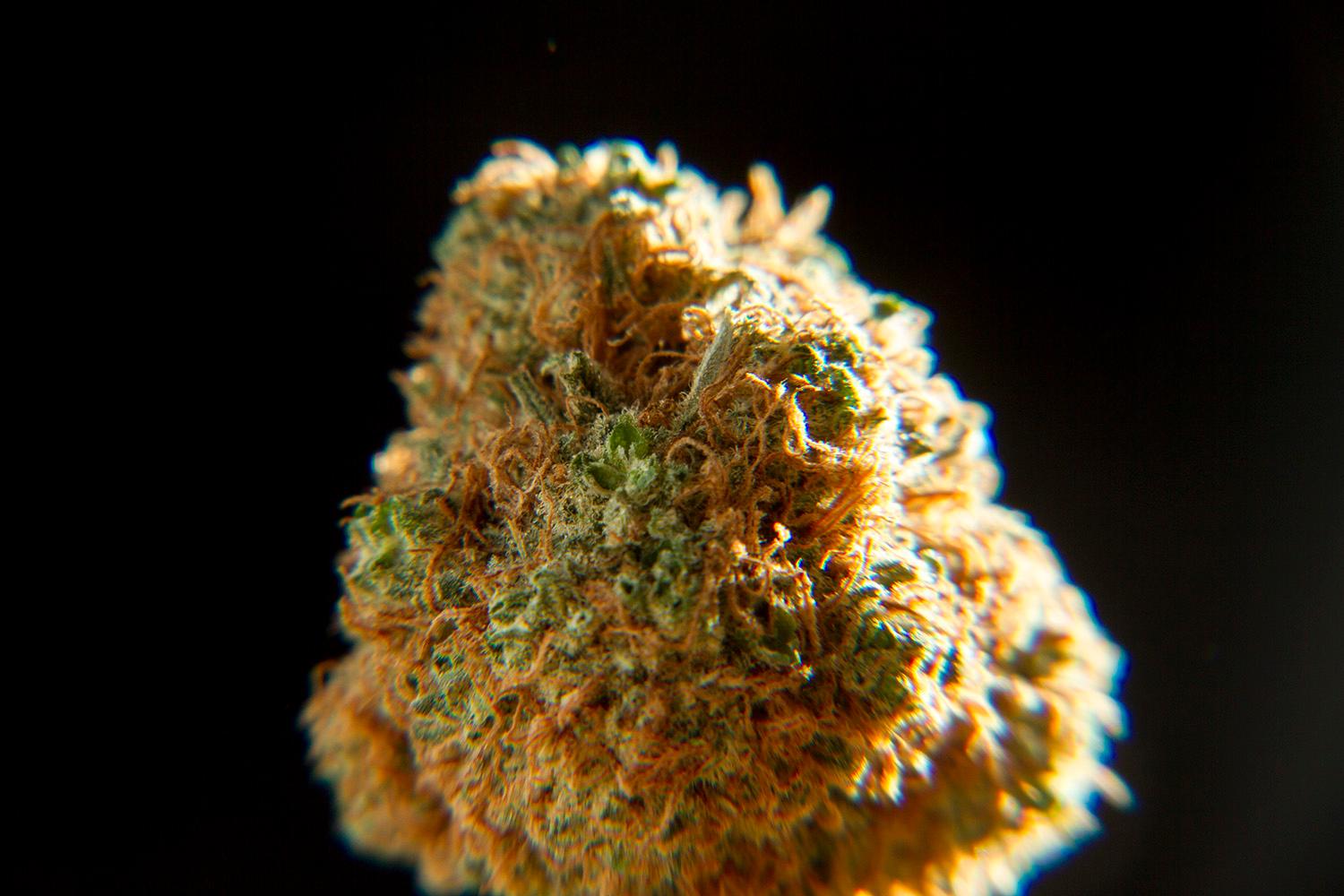WICHITA, Kan. (AP) — Law enforcement officials in Kansas cannot stop and search motorists just for having out-of-state license plates from states that have legalized marijuana, a federal appeals court ruled Tuesday.
The 10th Circuit Court of Appeals reinstated a lawsuit filed by a Colorado motorist, Peter Vasquez, against two Kansas Highway Patrol officers who pulled him over and searched his vehicle as he was driving alone at night through Kansas on his way to Maryland.
The KHP officers, Richard Jimerson and Dax Lewis, stopped Vasquez when they could not read the temporary tag taped to the inside of the car's tinted rear window. The officers contended they were justified in searching the vehicle because Vasquez was a citizen of Colorado driving on I-70, a "known drug corridor," in a recently purchased, older-model car. They said he also seemed nervous.
A divided panel found the officers violated Vasquez's Fourth Amendment rights in searching his car without his consent. Nothing illegal was found.
Twenty-five states permit marijuana use for medicinal purposes, with Colorado, Alaska, Oregon, Washington, and Washington, D.C., permitting some recreational use under state law, the court noted.
The officers' reasoning would justify the search and seizure of citizens of half of the states in the country, the court said, adding it is "wholly improper" to assume someone is more likely to commit a crime because of his state of residence.
"Accordingly, it is time to abandon the pretense that state citizenship is a permissible basis upon which to justify the detention and search of out-of-state motorists, and time to stop the practice of detention of motorists for nothing more than an out-of-state license plate," the ruling states.
A lower court had ruled the officers were entitled to qualified immunity when it threw out the case, but the appeals court disagreed and sent it back for further proceedings.














